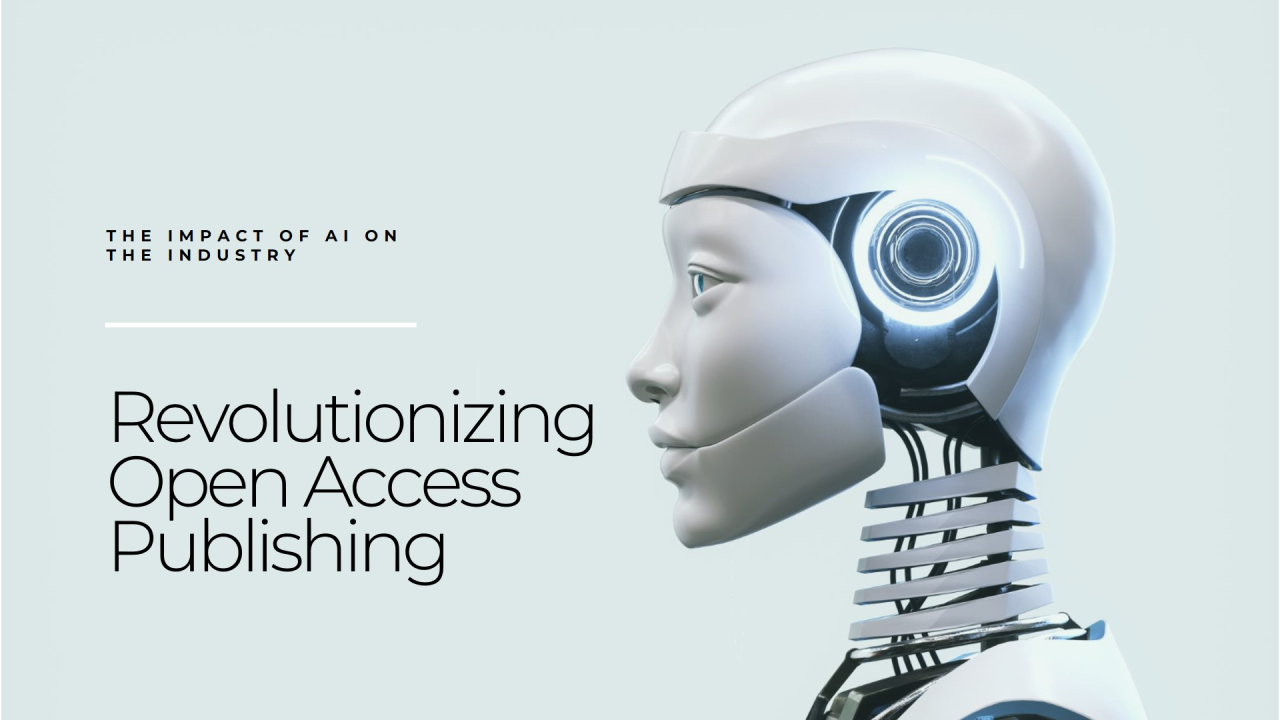
How AI is Transforming the Open Access Publication Industry
The Open Access (OA) publishing industry has been a beacon of knowledge democratization, offering researchers, students, and institutions free access to scientific advancements. But with the rapid rise of Artificial Intelligence (AI), the landscape of publishing is undergoing a profo...
Posted By: Imran A Khan